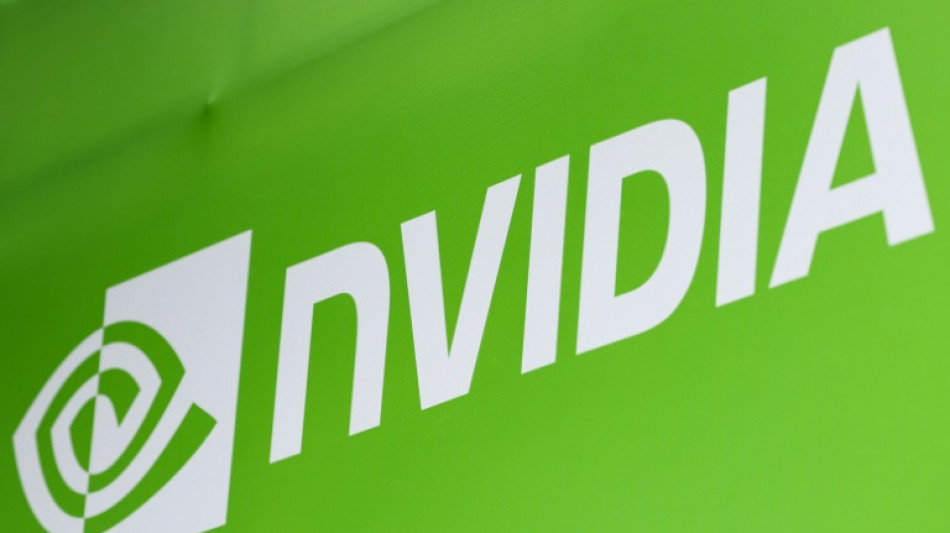
RBGPF
0.5700


President Donald Trump on Monday confirmed reports that semiconductor giant Nvidia would pay the United States 15 percent of its revenues from sales of certain artificial intelligence chips to China.
Speaking to reporters at the White House, Trump argued that Nvidia's "H20" chips are "obsolete," despite previously being targeted for export restrictions.
He said that to lift the restrictions, he had agreed to a 15-percent cut from Nvidia: "If I'm going to do that, I want you to pay us as a country something, because I'm giving you a release. I released them only from the H20."
The California-based company produces some of the world's most advanced semiconductors but cannot ship its most cutting-edge chips to China due to concerns that Beijing could use them to enhance military capabilities.
Nvidia developed the H20 -- a less powerful version of its AI processing units -- specifically for export to China.
That plan stalled when the Trump administration tightened export licensing requirements in April.
Nvidia CEO Jensen Huang met with Trump at the White House last week and agreed to give the federal government the cut from its revenues, a highly unusual arrangement in the international tech trade, according to reports in the Financial Times, Bloomberg and New York Times.
"While we haven't shipped H20 to China for months, we hope export control rules will let America compete in China and worldwide," a Nvidia spokesperson told AFP.
The company spokesperson added: "America cannot repeat 5G and lose telecommunication leadership. America's AI tech stack can be the world's standard if we race."
Investors are betting that AI will transform the global economy, and last month Nvidia -- the world's most valuable company and a leading designer of high-end AI chips -- became the first company ever to hit $4 trillion in market value.
The firm has, however, become entangled in trade tensions between China and the United States, which are waging a heated battle for dominance to produce the chips that power AI.
'Political tariff'
The United States has been restricting which chips Nvidia can export to China on national security grounds.
After Huang's meeting with Trump, the Commerce Department on Friday started granting the licenses for chip sales, according to media reports.
Silicon Valley-based AMD will also pay 15 percent of revenue on Chinese sales of its MI308 chips, which it was previously barred from exporting to the country.
AMD did not respond to requests for comment.
The move comes as the Trump administration has been imposing stiff tariffs, with goals varying from addressing US trade imbalances, wanting to reshore manufacturing, and pressuring foreign governments to change policies.
A 100 percent tariff on many semiconductor imports came into effect last week, with exceptions for tech companies that announce major investments in the United States.
"It's a political tariff in everything but name, brokered in the shadow of heightened US-China tech tensions," Stephen Innes of SPI Asset Management said.
R.Lin--ThChM